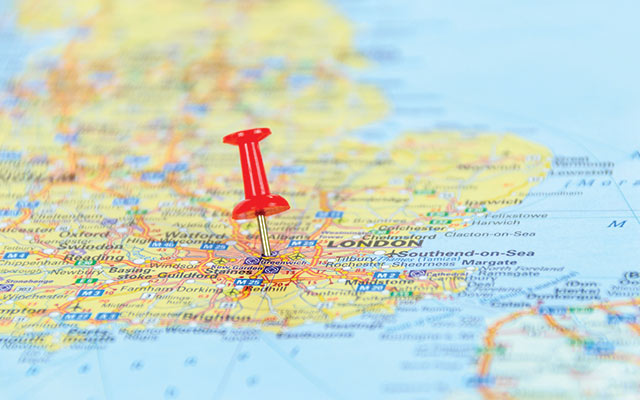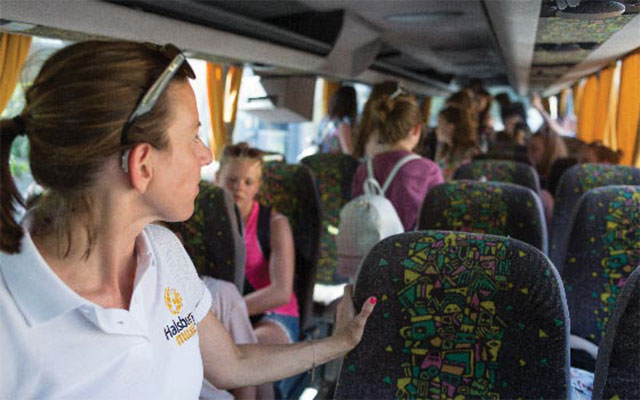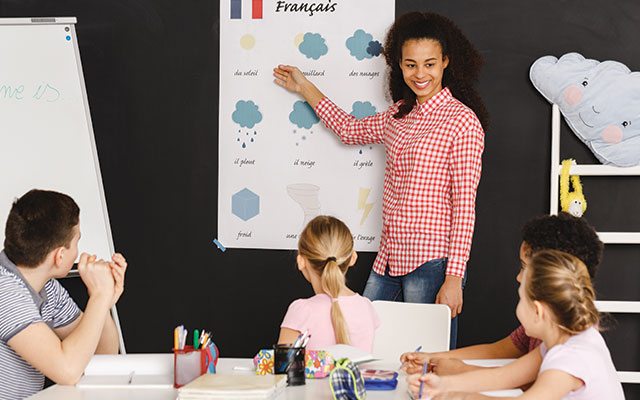Planning a primary school trip? Here are some of our top tips to ensure your trip is suitable.
For primary school teachers who are new to teaching languages, it can be difficult to find fun and interesting ways to introduce a language to pupils, but we have the perfect solution - take your students abroad!
What are the benefits of a language trip for primary school students?
Taking a short trip to France or Spain would provide countless teaching and learning opportunities before, during and after your trip.
Spend the month ahead of the trip preparing and motivating your students by teaching them useful phrases and vocabulary.
On the trip, your students will get to see the language used in a natural context and will have the opportunity to talk and practise with native speakers themselves.
Younger children are particularly good at picking up languages, so surrounding them with the language they are learning as much as possible proves to be very beneficial.
However, it’s not all about the languages; while away, students will learn about themselves, and become more confident and more independent.
Then, once you’ve been on your trip, you can encourage your pupils to talk about their experiences and reflect on what they’ve learnt.
We know that organising school trips abroad can be a daunting prospect so we have put together some of our top tips to help you below:
1. Choose your destination carefully

Choosing the right destination is really important, especially for primary-aged students. You need to choose a place which is self-contained, quiet and safe with lots of things to do close by.
2. Don’t make the trip too long
 **
**
Day trips are a great, low-cost way of introducing your students to a new country but they can be tiring so make sure everyone brings a pillow so they can have a nap!
An overnight stay will allow your pupils to see more and gently introduce them to being away from home which will greatly improve their independence.
For primary school children, it is better to keep trips short as the novelty will wear off much quicker than for older children and it may be replaced with homesickness.
3. Travel by coach
 **
**
Coach is the ideal option for your first trip, as you can ensure that all your pupils stay in one place.
You will also have the use of the coach for the duration of your trip, so there will be no worries about carrying heavy baggage.
For your Channel crossing, if you are a bit apprehensive about keeping your pupils together, then Eurotunnel is the perfect option, as you can stay on the coach for the duration of the crossing, which only takes 35 minutes.
The ferry, on the other hand, is an exciting experience and everyone will get the chance to stretch their legs.
However, there is more to think about regarding the risk assessment and the crossing itself takes 90 minutes.
If you really can’t decide, why not go one way via Eurotunnel and the other way by ferry? That way, you'll know which suits you better for your next trip!
4. Take a group size you are comfortable with
 **
**
The standard coach size is 49 seats so, to get the best price, you will need to fill the coach.
However, it's no problem if you want to take more or fewer pupils – we will always show prices for lower numbers and there are bigger coaches out there if you do want to take more.
5. Prepare your pupils for the trip
 **
**
You should spend a good amount of time preparing your students for the trip; ideally a few weeks.
Use lessons to go over any essential vocabulary, promote the trip and get your students excited.
Role-play exercises are a great way to simulate experiences they might actually have on the trip.
Still not sure?
Please don't hesitate to contact us to discuss your requirements.
We know that running a language-focused trip is a lot of responsibility so we are here to help you every step of the way.
We will take on all the administrative tasks, give you specialist advice regarding where to go and what to do and, overall, ensure that you have a perfect tailor-made experience.